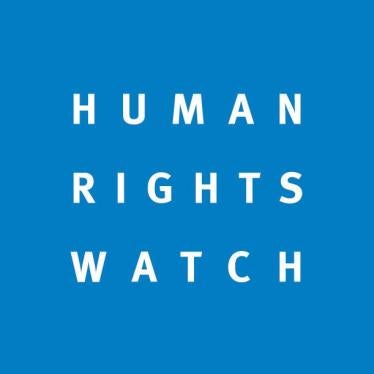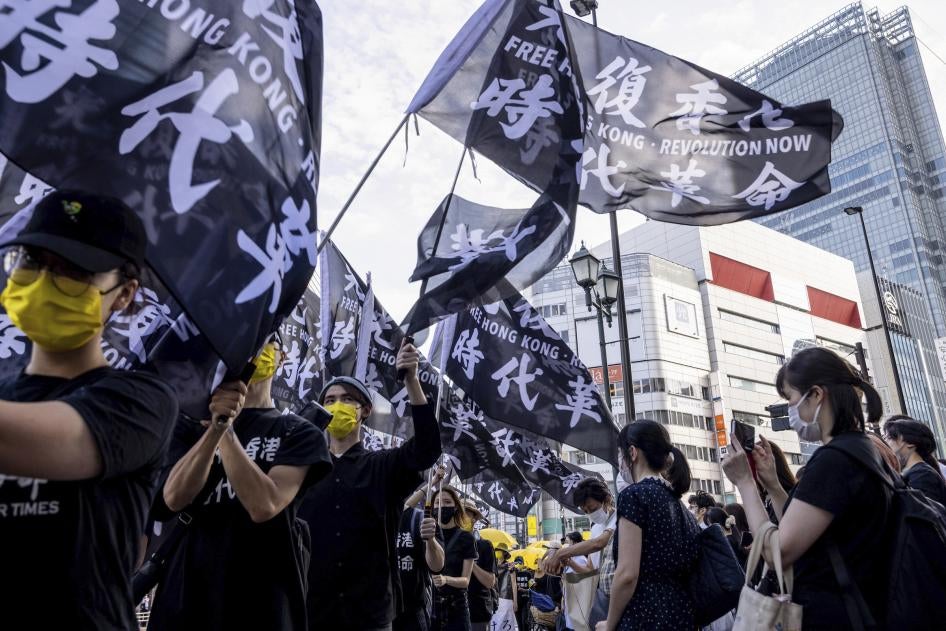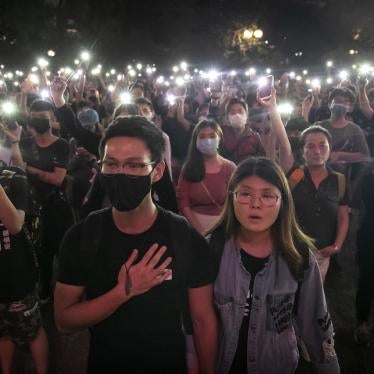Last week, Hong Kong authorities denied entry to Japanese journalist Yoshiaki Ogawa. In recent months, they have also barred entry to Japanese photographer Michiko Kiseki and Japanese street musician “Mr. Wally.”
Although Hong Kong’s Immigration Department gave no clear reasons for these refusals, the decisions appear politically motivated: Ogawa and Kiseki documented Hong Kong’s 2019 protest movement, while Mr. Wally is well known for his support of Hong Kong’s democracy activists.
These actions reflect the growing use of immigration bans against foreign critics of the Hong Kong and Chinese governments, including Japanese nationals. They also spotlight the Hong Kong government’s rapid erasure of the city’s once-vibrant liberties.
Since the Chinese government imposed the draconian National Security Law in June 2020, authorities have turned the city’s semi-democratic Legislative Council into a rubber stamp; arrested and prosecuted the city’s pro-democracy leaders; dismantled its civil society organizations, independent labor unions, and most popular pro-democracy newspaper; throttled the free press; censored films; and mandated “patriotic education.” Police have arrested 260 people for national security offenses. Dozens have been prosecuted and convicted of sedition for online posts, displaying placards in public, or publishing children’s books.
The Hong Kong authorities’ growing repression does not stop at the border. In March, a Hong Kong woman studying at a Japanese university was arrested upon returning to Hong Kong, and formally charged with sedition in June over social media posts she published while in Japan.
By wielding the threat of entry denials to visitors and criminalizing free speech abroad, Hong Kong authorities aim to intimidate critical voices – including those abroad – into silence.
Given the many business and personal links between Japan and Hong Kong, and that many Japanese nationals and residents pass through or live in Hong Kong, the Japanese government should push back against such growing rights abuses in Hong Kong. It should speak up about these cases, condemn the extraterritorial application of Hong Kong’s abusive laws in Japan, and enact a Japanese version of the Magnitsky human rights sanctions regime to target human rights violators.









